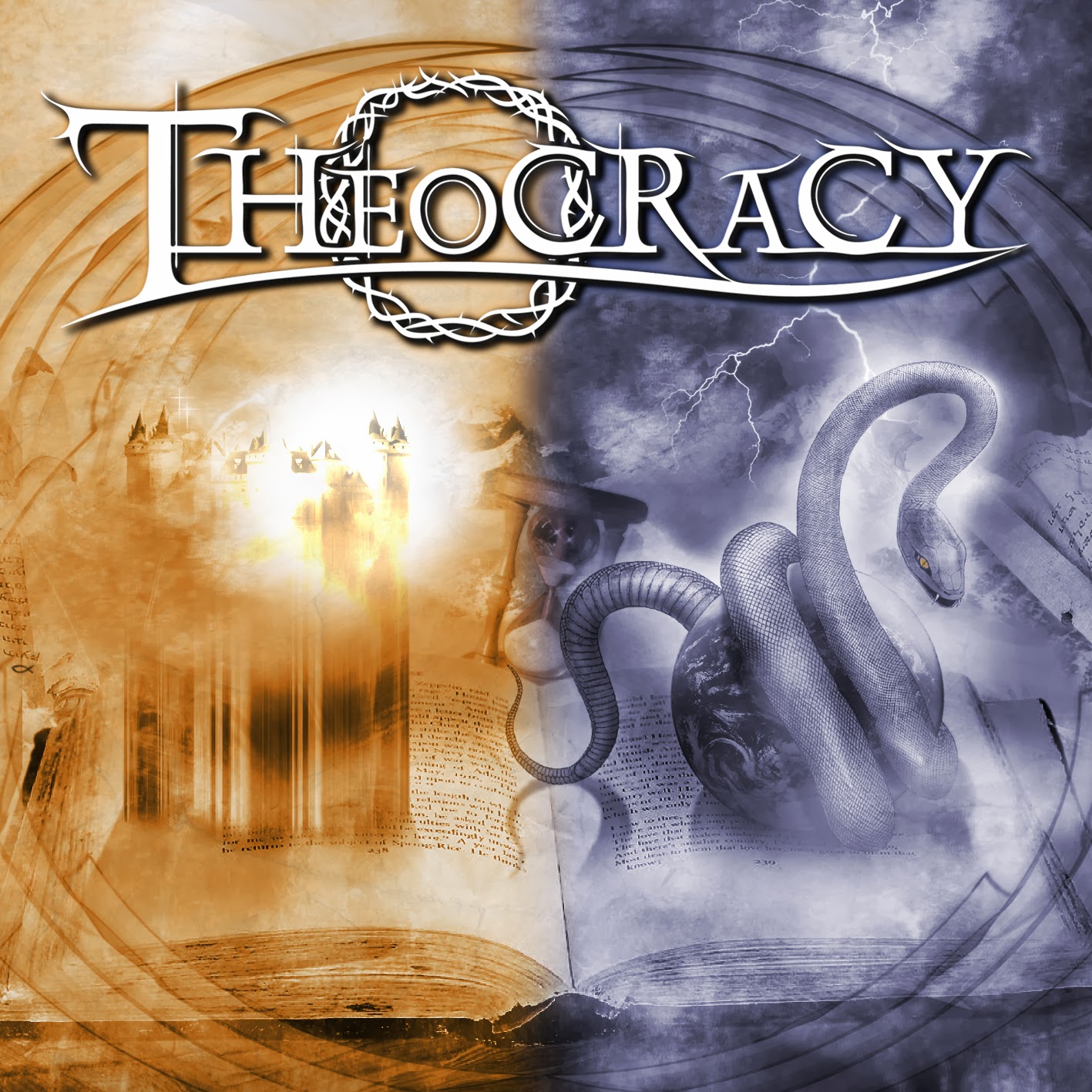Theocracy is a form of government in which religious leaders control the government, and the state’s policies are influenced by religious beliefs. This governance structure contrasts with secular governments that separate religion from state affairs. In this article, we will explore various examples of theocracy throughout history and in contemporary societies, analyzing their characteristics, advantages, and challenges. By understanding theocracy, we can gain insight into how religion and state power interact and impact a nation's governance.
Theocracies have played a significant role in shaping political landscapes across various cultures and eras. From ancient civilizations to modern states, theocratic systems have demonstrated the profound influence of religion on governance. This exploration will delve into specific instances of theocracy, examining how they function, the extent of their authority, and their societal implications.
As we embark on this journey through theocratic systems, it is crucial to recognize the balance of power between religious authorities and the populace. Theocracies can provide a sense of unity and purpose for their followers, but they can also lead to oppression and the suppression of dissent. Join us as we dissect the complexities of theocracy and its real-world manifestations.
Table of Contents
- Definition of Theocracy
- Historical Examples of Theocracy
- Modern Theocracies
- Characteristics of Theocratic Systems
- Advantages of Theocracy
- Challenges of Theocracy
- Case Study: Iran
- Conclusion
Definition of Theocracy
The term "theocracy" derives from the Greek words "theos," meaning God, and "kratos," meaning power or rule. Thus, it literally translates to "rule by God." In a theocratic system, the government is considered to be divinely guided, and its leaders are often seen as representatives of a deity. The legal system in a theocracy may be based on religious law, such as Sharia in Islamic theocracies or canon law in Christian states.
Historical Examples of Theocracy
Throughout history, numerous civilizations have practiced theocratic governance. Some notable examples include:
- Ancient Egypt: Pharaohs were regarded as divine figures, ruling with the authority granted by the gods.
- Israelite Kingdom: The ancient Israelites were ruled by judges and prophets believed to be chosen by God.
- Medieval Papacy: The Pope wielded significant political power in Europe, influencing kings and emperors.
Modern Theocracies
In the contemporary world, theocracies still exist, often blending religious and political authority. Some prominent examples include:
- Iran: Following the 1979 revolution, Iran established an Islamic Republic governed by Shia Islamic law.
- Vatican City: The Pope serves as both the spiritual leader and the head of state, governing the small city-state.
- Saudi Arabia: The Kingdom operates under Islamic law, with the monarchy enforcing religious tenets.
Characteristics of Theocratic Systems
Theocratic systems possess several defining characteristics, including:
- Religious Legitimacy: Authority is derived from religious texts or doctrines.
- Centralized Authority: Religious leaders often hold significant power over state affairs.
- Legal Framework: Laws are based on religious principles, sometimes superseding secular laws.
- Limited Pluralism: Dissenting beliefs may be suppressed, leading to a lack of religious and political diversity.
Advantages of Theocracy
While theocratic governance can be controversial, it also presents certain advantages:
- Unity: A shared belief system can foster social cohesion among citizens.
- Moral Guidance: Theocracies may promote ethical behavior based on religious teachings.
- Stability: The presence of a unified religious authority can lead to stable governance.
Challenges of Theocracy
Despite the advantages, theocracy also faces significant challenges:
- Suppression of Dissent: Limited freedom of expression can lead to discontent among citizens.
- Resistance to Change: Theocratic systems may struggle to adapt to modernity and secularism.
- Human Rights Issues: Enforcement of strict religious laws can result in human rights violations.
Case Study: Iran
To illustrate the complexities of theocracy, we will examine Iran, a prominent modern theocratic state. Following the 1979 revolution, Iran transitioned from a monarchy to an Islamic Republic, where religious leaders hold ultimate authority. The Supreme Leader, currently Ayatollah Ali Khamenei, oversees all branches of government and military.
Data and Biodata
| Full Name | Ali Khamenei |
|---|---|
| Title | Supreme Leader |
| Date of Birth | July 17, 1939 |
| Religion | Shia Islam |
In Iran, laws are derived from Islamic principles, and the government enforces religious observance among the populace. While the system has its supporters, it has also faced criticism for human rights abuses and lack of political freedoms.
Conclusion
Theocracy remains a significant form of governance that intertwines religion with state authority. Through examples like Iran, we can see both the potential benefits and the drawbacks of such systems. As societies evolve, the challenge remains to balance religious beliefs with democratic principles and individual freedoms. Understanding theocracy is essential as we navigate the complexities of governance in a diverse world.
If you found this article informative, we encourage you to leave a comment, share it with others, or explore more articles on our website that delve into the intersection of religion and politics.
Thank you for reading, and we hope to see you again soon!
- 1534693 Piece Female Characters Deserve Attention
- Tiffany Link Earrings
- Kristy Mcnichol
- Thay Ksada
- Oleksandr Zinchenko
- 1470855 Zack Lugos Biography Age Height Net Worth Girlfriend Brother
- La Freeway Protest
- Josh Allen Old Tweets
- 1230857 Tyler Perry Net Worth Age Height House Wife Son


